It was an afternoon destined to echo through the history of Dundee United Football Club. One way or another.
Glory or infamy.
And Paul Hegarty knows it.
“I’d still be taking calls 40 years later, regardless of the result,” smiles the iconic captain of the 1983 Premier Division champions.
“They would just be very different interviews. Journalists would ask, “how did it feel to be the team that blew the title at Dens Park?” We knew that at the time.
“We felt the pressure. It was a brilliant opportunity to make it our greatest achievement. But it could have been the biggest nightmare the club, and the individuals, had ever endured. There but the grace of God…”
The dry dressing room
In front of 29,106 supporters, they didn’t blow it.
“On the 14th of May 1983;
Six minutes into the half;
The ball soared over Kelly’s head;
And it was happy birthday Ralph”.
Following Milne’s opener — a goal immortalised in song — Eamonn Bannon doubled United’s lead, rendering Iain Ferguson’s effort for the Dee mercifully moot.
Such was the superstitious nature of Jim McLean, no celebrations had been pre-planned. Champagne had been strictly banned from the Tangerines’ dressing room, lest the footballing fates take umbrage.
“The celebrations could have been a bit better, because Jim was a bit superstitious,” continued Hegarty. “There was no champagne allowed in case things fell flat at Dens Park.
“I remember we sent someone up to Hilltown with orders to somehow find us some champagne. They took a while because Tannadice Street was packed with thousands and thousands of people.
“But there was one person in that crowd running to get us a drink! But by the time it got back, we had calmed down a bit.
“Afterwards, we hade a small reception down at Tannadice with the players, wives and directors. However, there was nothing grand arranged because we had a manager who didn’t want to jinx it.”
Hegarty pauses.
“I remember asking Jim — a long time after leaving the club — ‘Do you know what a good group of boys we had?'”, adds Hegarty. “He said to me: ‘Paul, I do. Now. But it’s too late.’”
Which isn’t to say the players did not have a wild evening.
Paul Sturrock and Hamish McAlpine, so the story goes, ended up at a house party. The majority of the squad was a little worse for wear as they reported for a friendly against Forfar the very next day.
Memories of that night may have been hazy, but the glories of 1982/83 were unforgettable.
Bootcamp in Scandinavia
There are several defining factors in United’s greatest ever campaign.
The way McLean handled the build up to that day at Dens on May 14 — “He and Walter (Smith) kept us relaxed and after Tuesday, which was the press day, we just treated it like any football match”.
Or the win at Celtic Park on April 20 when United belied the early dismissal of Richard Gough to emerge victorious.
But Hegarty is drawn back to the very start of the season, when McLean presented his United squad with a gruelling sequence of five games in six days during a pre-season trip to Scandinavia.
Contests with Malmö, Nakskov, Ringsted, Birkerød and Herfølge followed, with largely the same players relied upon; foreshadowing the comparatively small squad that would ultimately emerge as champions.
“That amount of games in such a short period of time was just unheard of,” smiled Hegarty. “Nowadays, people complain about two games in a week!
“It’s only when you become a little older and wiser, that we can look back and surmise what Jim and Walter were thinking. It was a test. How would we handle it? How would we react physically and mentally?
“It probably set our stall out and set a standard for us to maintain for the remainder of the season.”
So, they were evidently durable and gutsy.
But were United a team already targeting a title charge? “Oh, not a chance. It never crossed our minds at that point.”
The Celtic showdown
Whether through modesty or McLean’s unwillingness to allow his players to focus on anything other than the next match, the notion of becoming kings of Scotland would only crystallise when they beat Celtic in Glasgow.
The Hoops had been a persistent pebble in United’s shoe throughout the season, knocking them out of the League Cup and emerging unbeaten from the prior three Premier Division matches.
Indeed, when Celtic beat the Tangerines on April 6, many onlookers were ready to adorn the trophy with green and white ribbons; perhaps red and white, at a push.
“That was fine by us,” recalled Hegarty. “It was Celtic who were going to win the league. Them or Aberdeen. No-one was thinking about Dundee United.”
That narrative was turned on its head just a fortnight later when goals from Hegarty, Eamonn Bannon and Ralph Milne sealed a 3-2 victory at Parkhead, achieved despite Gough’s early red card creating a seemingly unsurmountable task.
“Richard was a top quality player, as he went on to prove, and he certainly didn’t mean to get sent off,” said Hegarty. “But sometimes things are just meant to be — unforeseen twists and turns — and maybe it was a blessing in disguise.
“Who is to say that we would have won the game with 11 men? Celtic probably thought we’d never get a result against them with 10 men at Parkhead and they had it in the bag. We thought otherwise.
“It was after that game that we thought, ‘Maybe we can win this.’ Honestly, that was the first time we had really given it consideration.”
From that afternoon, the juggernaut was relentless.
Kilmarnock, Morton and Motherwell were dispatched with an aggregate score of 12-0. It was the form of champions but, in order to lift the silverware, they would need to emerge victorious from their rivals’ lair.
The Race For The Title '83 – Saturday 30th April 1983
The Tannadice goal machine moved through to the West as did the Tannadice crowd, thanks to the generous offer of free admission. United covered the cost of around 4,100 fans who made the trip to Morton. pic.twitter.com/wY4Rm5lJBi
— The Arab Archive (@ArabArchiveDUFC) May 5, 2023
“You would love to win the league on your own patch but, after winning two League Cups at Dens Park, that was the next best place,” continued Hegarty. “A happy place for us!”
Chronicling history
A one-hit wonder sick of singing the same song; an actor tired of reliving his most famous role; a footballer listless as he talks about a notable goal for the umpteenth time — individuals can be forgiven for growing weary of broaching the same topic.
Yet, there is no sense of mere duty as Hegarty meanders down memory lane.
“We played 55 competitive games that season, scored 127 goals and only conceded 47,” he proudly reels off, saving this author a job. “We had 14 different scorers.
“In the modern game, you are lucky if you get half-a-dozen. (David) Narey and (Richard) Gough — defenders — scored nine goals apiece.”
Hegarty, now 68 years of age and a proud grandfather of seven, adds: “If anything, as I get to this stage of life, I enjoy reliving it even more. That is what any football club is built on: remembering the good time and the failures.”
“We should be the ones thanking them”
As every adoring Arab prepares for the 40th anniversary of United’s finest hour — readying their tributes to an incomparable group of players — Hegarty’s final message is a pointed one.
“Myself, Hamish (McAlpine), Maurice (Malpas), Davie Dodds and John Holt do hospitality at Tannadice,” he adds. “The people we meet are so kind, considerate and sometimes mention games or moments that I had forgotten about.
“If you have given fans a little pleasure over the years, then we’ve done something right.
“Supporters often thank us for what we achieved in that team, but we should be the ones thanking them for the opportunity to play in front of them.”
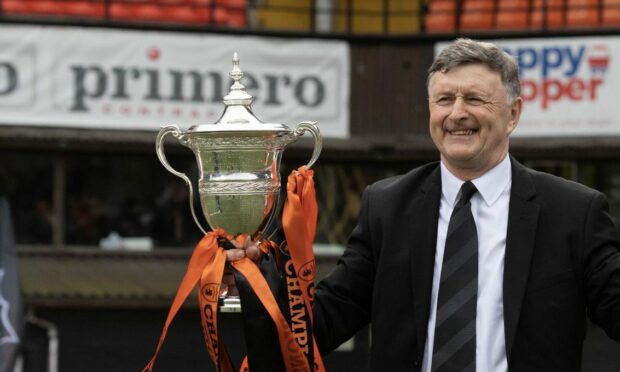
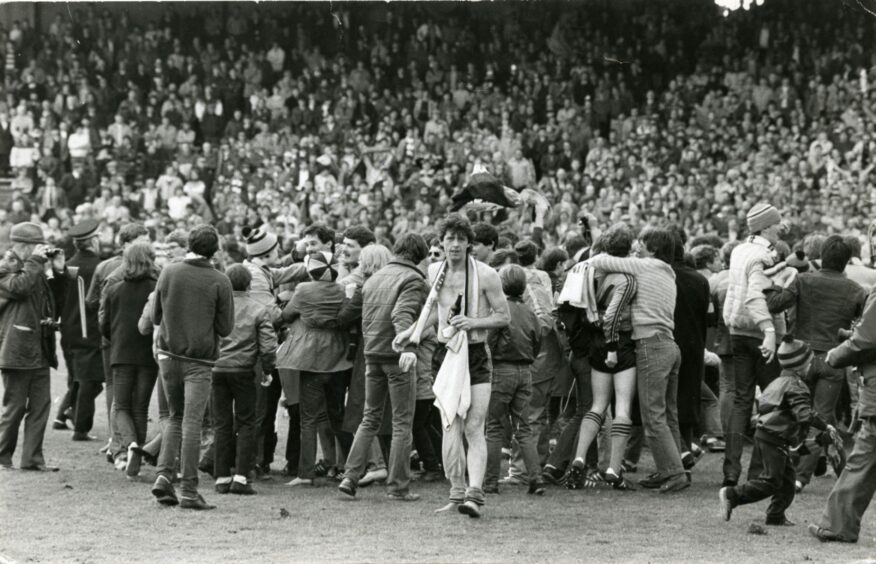
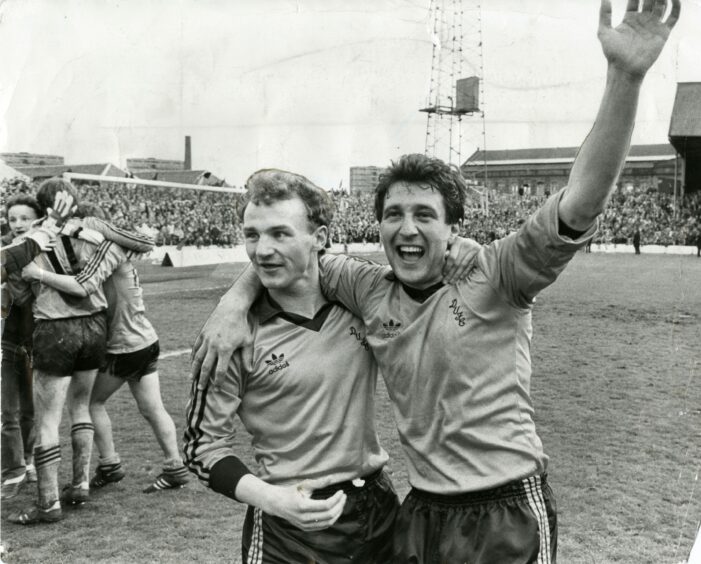
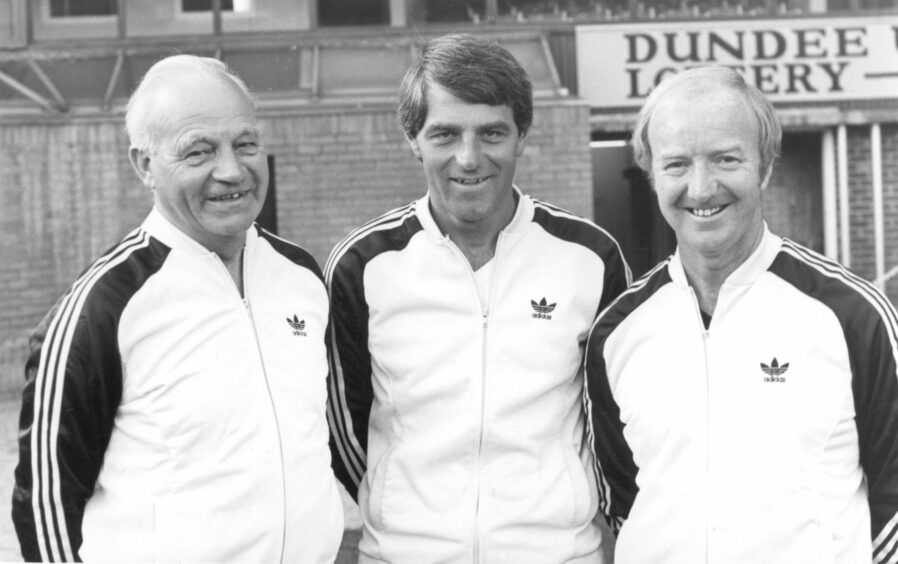
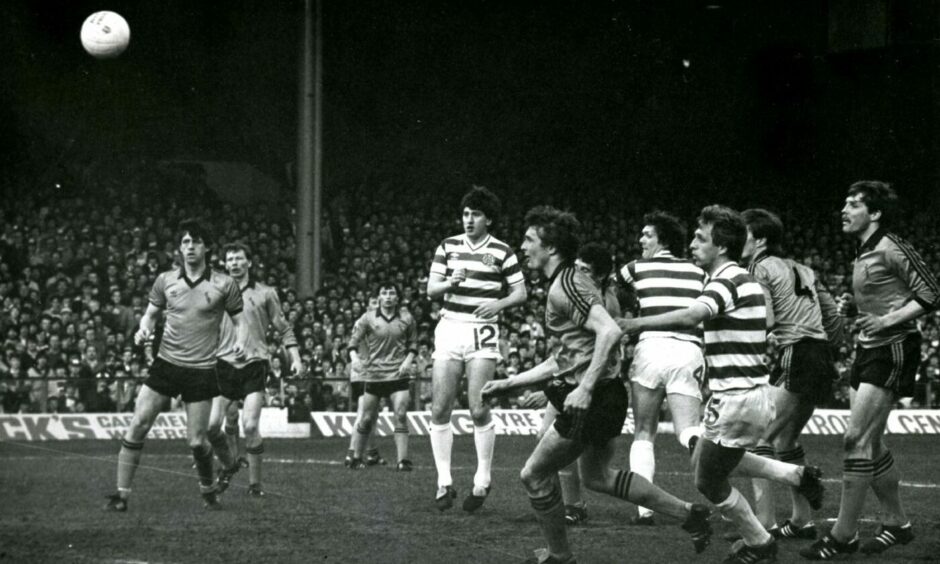
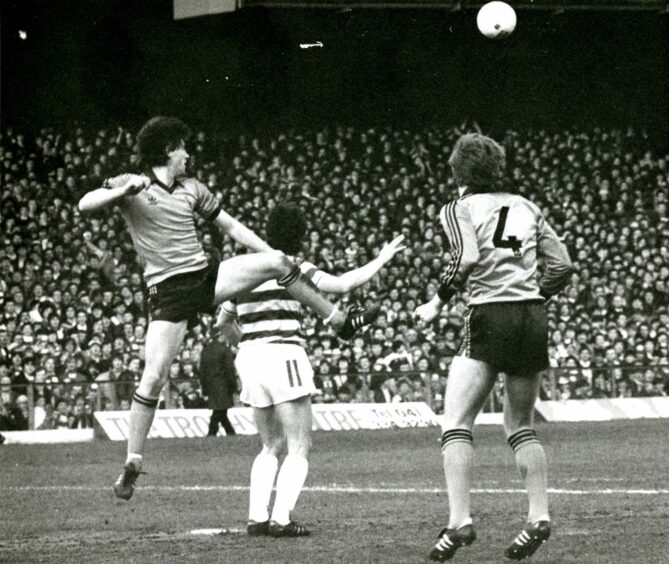
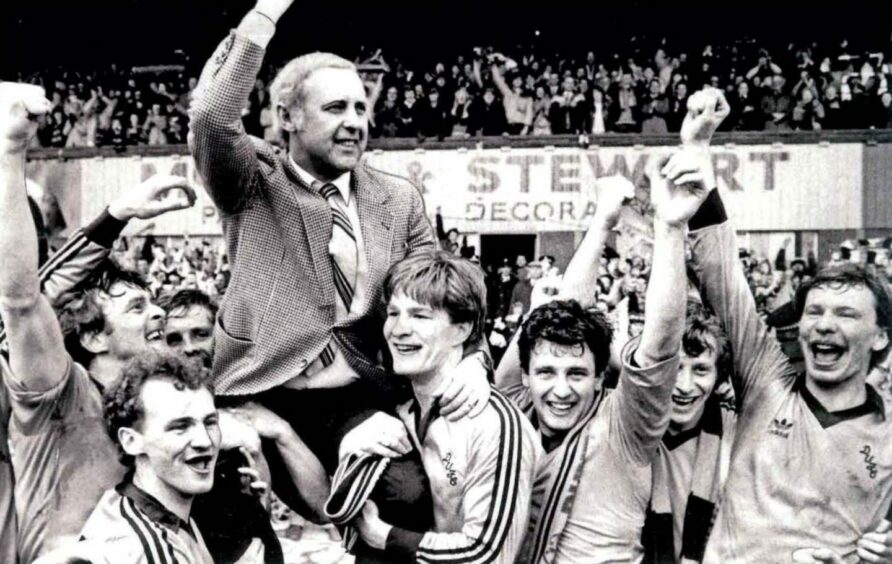
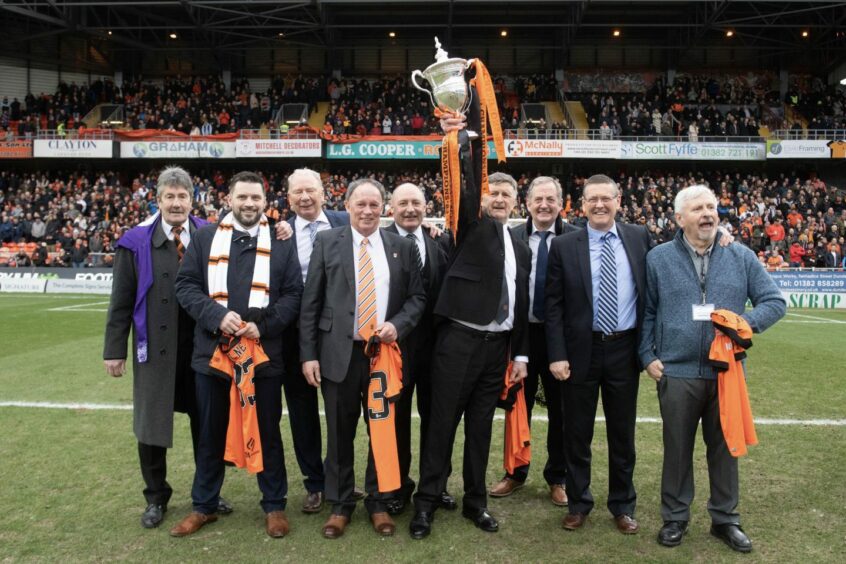
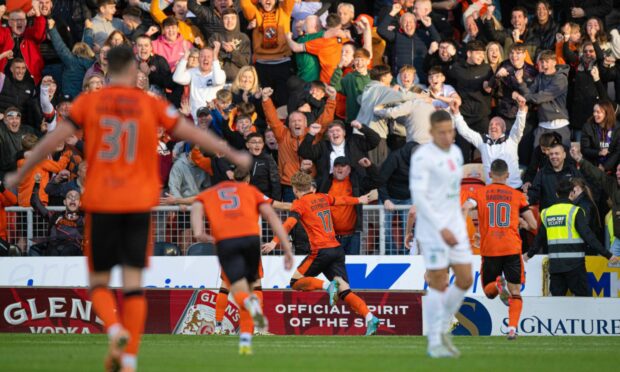
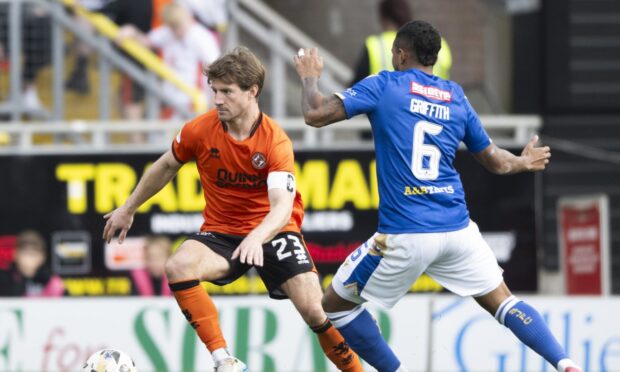
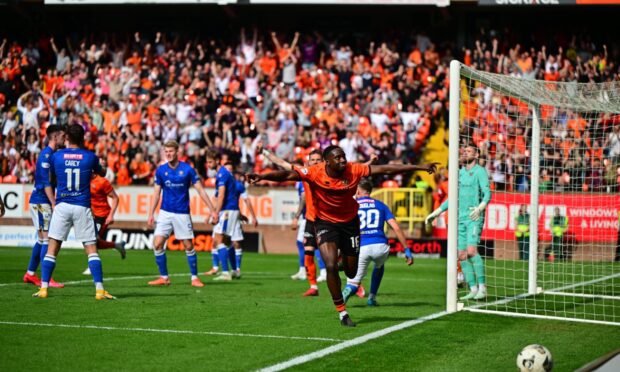
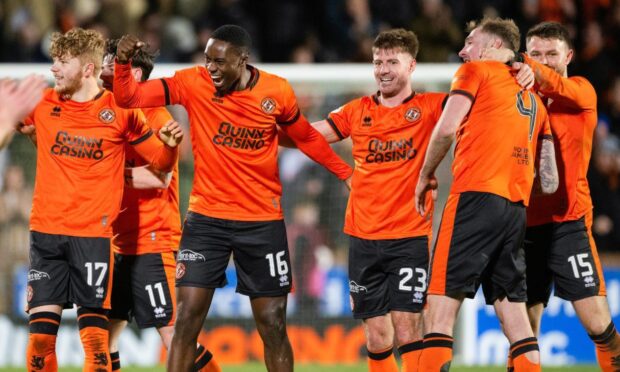
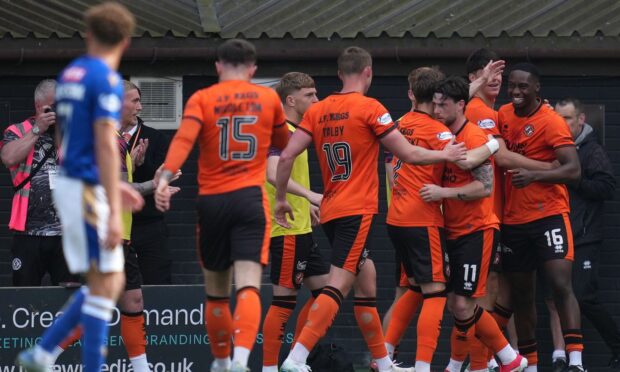
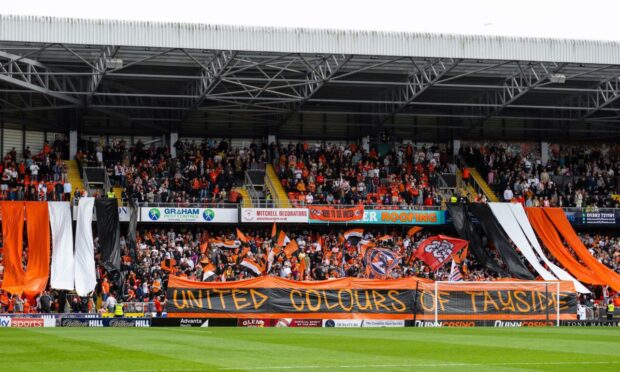
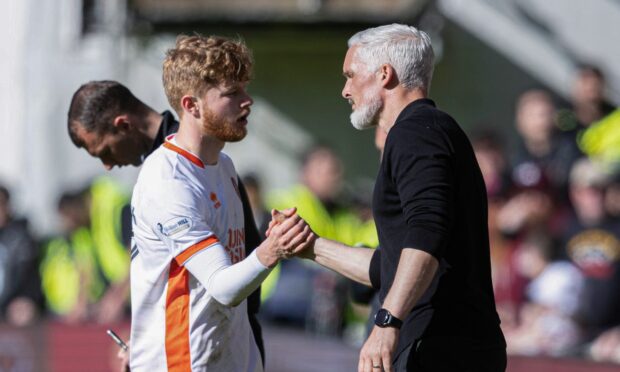
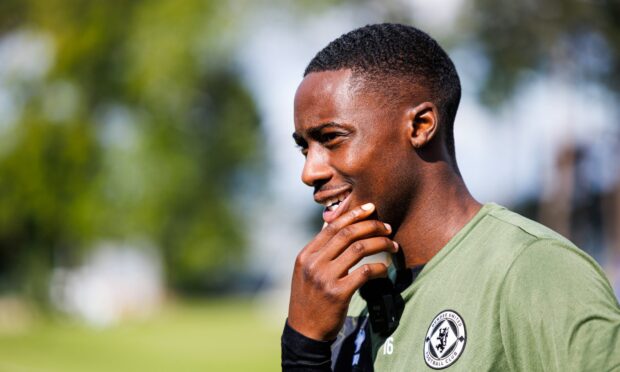
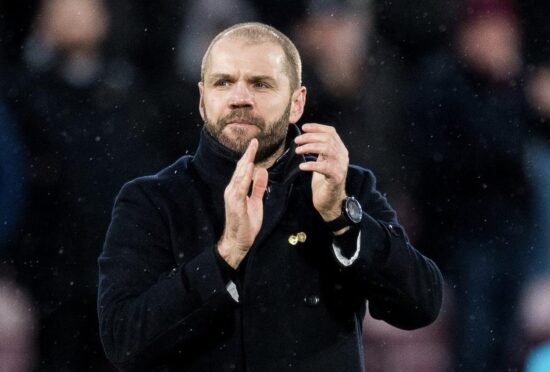
Conversation